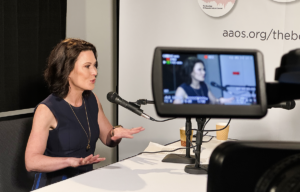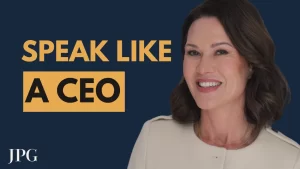Imagine…
Something terrible happens – and the media is calling and beating your door down.
You hide.
You don’t know what to do or what to say.
You did nothing wrong — but you just handled the situation wrong. And now, there are accusations online, your employees are confused, and the media won’t. just. go. away.
You can go from normal to a media crisis in minutes. An employee sends out a racist tweet. You lay off workers. Your CEO gets in a car crash and he was drinking. There’s a video of your employees doing something illegal.
What could happen at your company?
Every organization is vulnerable to a crisis. If you ignore it – it doesn’t disappear.
Maybe it’s not even your crisis – but it’s a vendor’s or a client of yours is having a crisis. Maybe you’re a law firm, a financial firm, an accounting firm… and you have clients who have a crisis. If you know how to help them — you can save them.
TRUST ME – if you don’t prepare – you’ll be worse off.
- The impact to your financial and reputational bottom line will be more severe.
- Employees and other stakeholders will not know what’s happening and will become confused and angry.
- Your organization will be perceived as inept and possibly criminally negligent.
- The media crisis will last MUCH longer.
Why trust ME?
I have 20+ years of media experience as a TV and social media producer, executive producer, writer and news director. I have seen the good and the ugly. I helped manage my TV station’s 9/11 coverage.
As the spokesperson for the Hennepin County Sheriff’s Office, I handled all communications for one of the biggest news events in Minnesota: the 35W bridge collapse in Minneapolis, Minnesota. Talk about a crisis. The eight-lane, steel truss arch bridge that carried Interstate 35W across the Mississippi River collapsed into the river during rush hour on August 1, 2007. Thirteen people were killed. 145 were hurt. First thought was terrorism, then it quickly became a structural issue. I was in charge of all local, national and international media – even over the federal response.
The basic steps of effective crisis communications are not difficult, but they require work in order to minimize the damage.
Are you serious about crisis preparedness?
Here is what you need to do:





